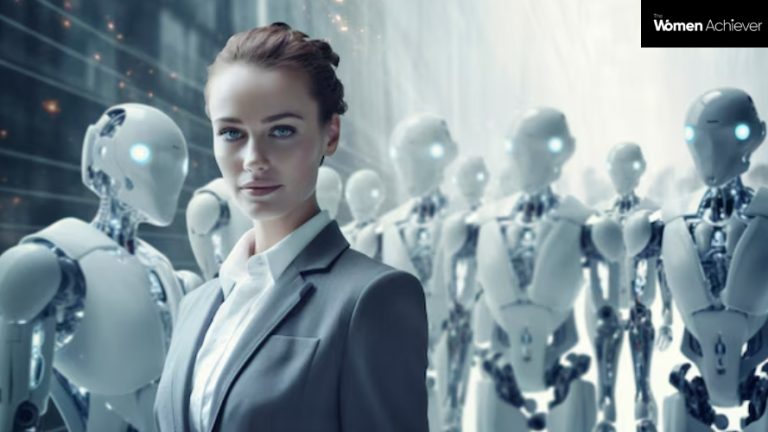Read Women’s Work More Susceptible to AI-Powered Automation, New UN Report Warns
United Nations recent report has also voiced serious concerns regarding disproportionate effects of AI jobs on women’s work across the world. As was found by the report, almost 28% of women’s work is most likely to be exposed to long-term effects of artificial intelligence compared to 21% of men’s work.
Unequal Exposure
The higher vulnerability of women’s jobs to AI is largely because of occupational segregation. Women are disproportionately found in jobs like administrative and support jobs, clerical jobs, customer services, and other routine-based jobs—areas increasingly automated through advancements in AI.
In wealthier nations, it is far broader. Women’s work is almost three times more likely to be replaced or made obsolete by AI technology than men’s work. Displacement would not necessarily be complete, the report says, but the nature of such work is highly likely to alter significantly—proximally impacting job security, earnings level, and career advancement.
The Digital Gender Divide Role
And yet another urgent driver of such vulnerability is the digital gender gap. Too many women are excluded from digital technology, skill training, and job promotion in ICT fields. This not only restricts their access to new ICT-based sectors but also their capacity to keep up with technological pace at the workplace.
The report also demonstrates that women are underrepresented in science and technology high-growth occupations in STEM and also in tech industry leadership. The underrepresentation also weakens their contributions towards the expansion as well as the ethics of AI development.
Economic and Social Implications
Unless this is watched over, the gendered effect of AI may cement current inequalities in employment. Women already contend with employment gaps in self-employment, a lack of management positions, and precarious employment within most industries. As AI stands to displace or render redundant the very types of employment women are disproportionately concentrated in, these problems may be multiplied, impacting people as well as groups.
This trend also undercuts efforts towards global gender equality objectives, such as those set forth in the United Nations Sustainable Development Goals (SDGs), SDG 5, to ensure gender equality and empower all women and girls.
A Call for Inclusive Innovation
Artificial intelligence is transforming the world’s workforce, but it must not do so at the cost of gender equality. With effective policies, reasonably priced training schemes, and collective efforts to address digital and economic divides, AI can be a force for empowerment and not exclusion.
As the UN report cautions, procrastination today threatens to bequeath the world a future where automation serves a privileged few and not all, but especially women.
Conclusion: The future of work is being remade with AI—but only if gender-sensitive, effective policies are put in place will it prevent entrenching existing inequalities. The UN report is a welcome intervention that is a reminder that technological progress must be met with social responsibility. Governments, business, and civil society must join forces to empower women through access, education, and opportunity so that the digital future is equal and equitable. Smart is not smart enough; work’s future has to be as clever.





Add comment